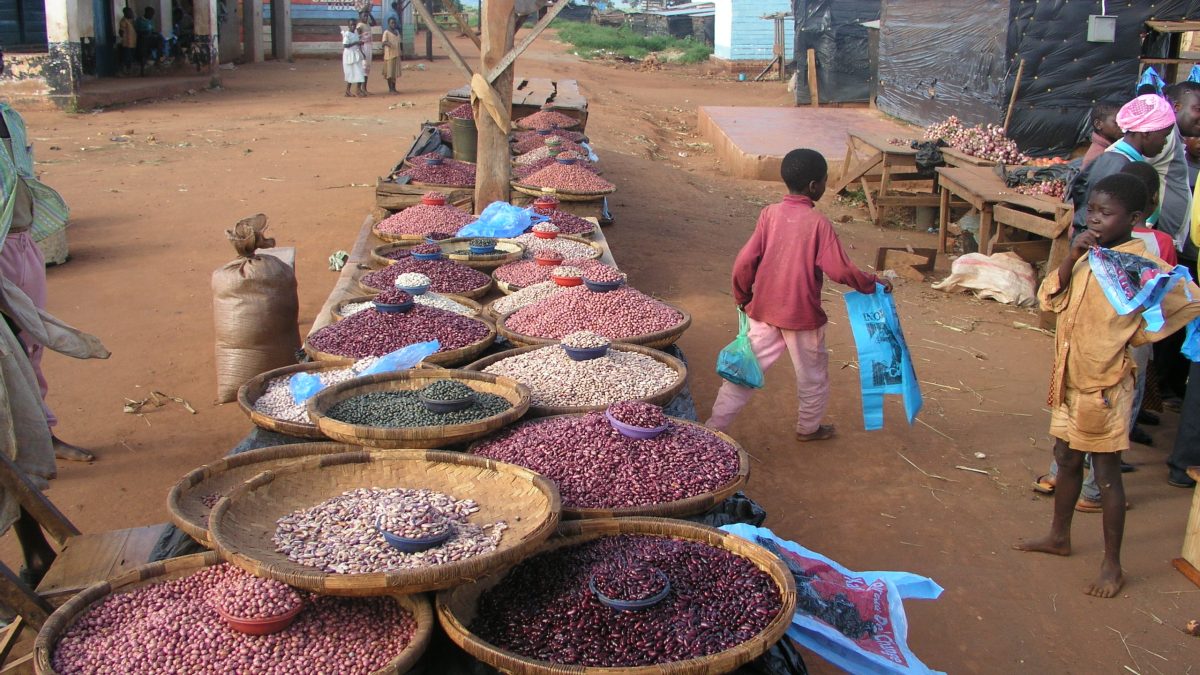Malawi

With a food crisis looming, Malawi’s government invited The Carter Center in 1999 to assist with agricultural development programs to stave off the worst effects of drought.
Impact
- Helped plant more than 16,000 training plots where farmers learned best practices for cultivating maize.
- Promoted improved technologies and conservation among small-scale farmers, enabling them to fill critical gaps in the nation’s food supply chain.

Explore Further
Global Impact Starts with You
Your support sustains the Carter Center's mission of waging peace, fighting disease, and building hope around the world.
